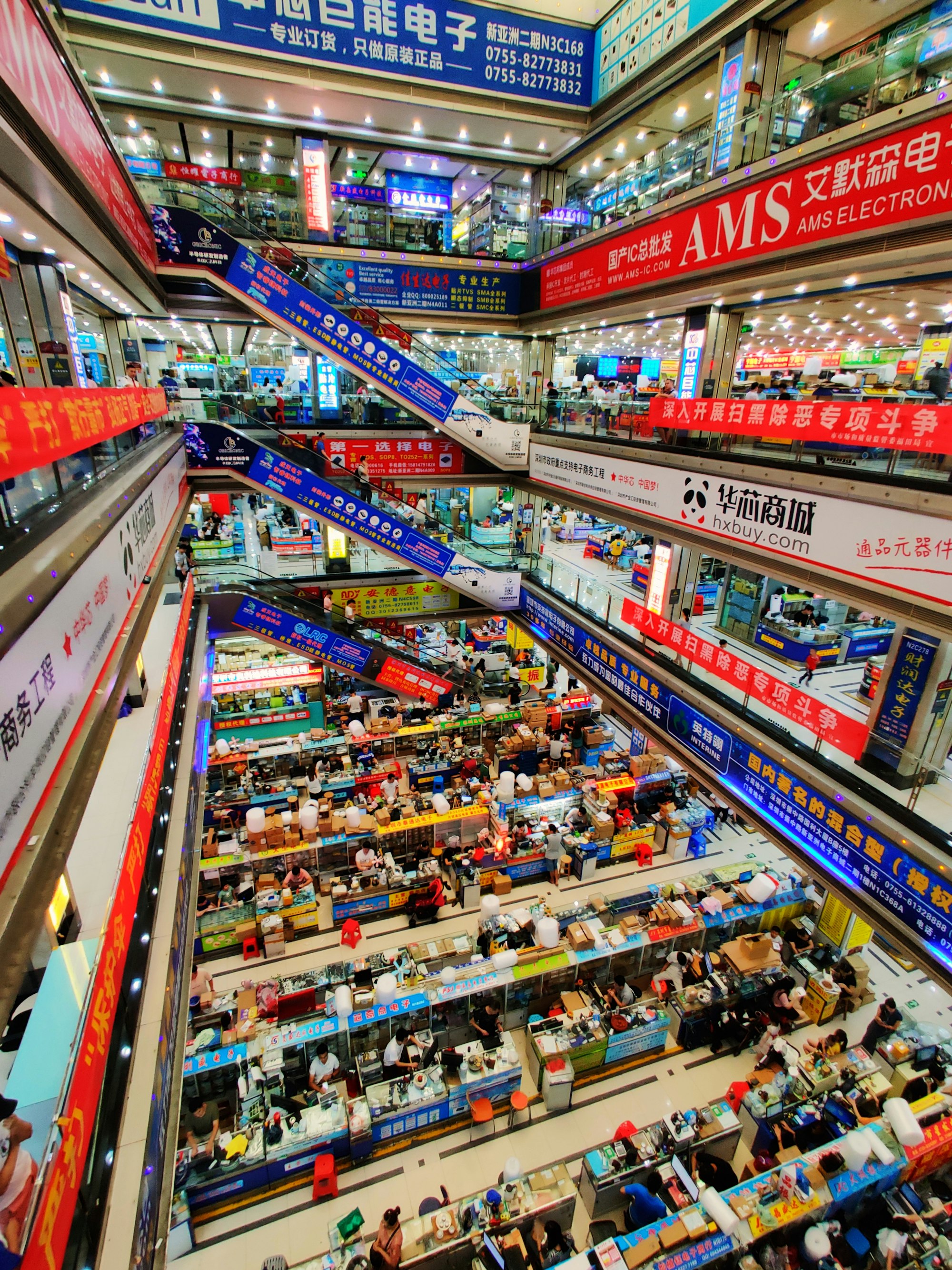China Can't Shrug Off Deflation
Inflation in China has significantly decreased, sparking worries about potential deflation amidst signs of economic recovery driven by a manufacturing boom that's causing trade disputes internationally. March saw consumer prices increase by a mere 0.1% year-over-year, as reported on Thursday, marking a less robust outcome than anticipated. This reflects the continuous economic pressure from a prolonged real estate downturn and limited consumer expenditure.
- To counter economic vulnerabilities, Beijing is focusing on bolstering its manufacturing sector, notably in areas like electric vehicles and green energy, leading to an uptick in industrial output.
- This week, economic growth projections for China by experts at Goldman Sachs, Morgan Stanley, and the Asian Development Bank were slightly raised, aligning them closer to the government's 5% annual growth target.
However, the recent inflation data reveal an uneven path to recovery for China. While there is progress through manufacturing support, there's a call for increased efforts to enhance consumer spending.
Exporting Deflation Is The Strategy
China's strategy of energizing its economy predominantly through supply-side stimulation is causing international repercussions. Factory prices in China dropped for the 18th consecutive month in March, declining by 2.8% on a yearly basis, indicating an excess of production over demand.
- This scenario of declining prices for Chinese exports like automobiles and electronics could benefit consumers globally, but it raises concerns among governments about the competitive threat to domestic industries, potentially endangering jobs.
- During her recent visit to China, U.S. Treasury Secretary Janet Yellen appealed to Chinese officials to shift focus from export reliance towards bolstering domestic consumption to achieve a more balanced economic growth. She highlighted the global market challenges posed by the surplus in sectors like electric vehicles and solar power due to heavy Chinese investment.
Domestic Weakness
After growing 5.2% last year, down from the pre-pandemic annual growth rates of 6% to 7%, China faces challenges like a deflating property market and a diminishing workforce. Projections by entities like the IMF suggest a growth stabilization around 4% in the coming years. Cornell University Professor Eswar Prasad, formerly with the IMF's China division, commented on the issue of deflation as reflecting both immediate and deep-seated economic vulnerabilities.
- Deflation can exacerbate consumer spending caution, affect corporate profits, and intensify debt burdens due to declining incomes.
- In response, China's central bank has reduced interest rates, and the government has pledged increased fiscal support to stimulate growth and counter deflation. Nonetheless, more aggressive measures such as further rate cuts or initiatives to boost consumer spending could be necessary.
Capital Economics analysts anticipate a slight recovery in inflation but expect it to average around 0.5% in the next few years. This is attributed to the persistent imbalance between investment and consumption, suggesting a long-term trend of low inflation.
Disclaimer
Please note that Benchmark does not produce investment advice in any form. Our articles are not research reports and are not intended to serve as the basis for any investment decision. All investments involve risk and the past performance of a security or financial product does not guarantee future returns. Investors have to conduct their own research before conducting any transaction. There is always the risk of losing parts or all of your money when you invest in securities or other financial products.
Credits
Photo by maia crimew / Unsplash.






